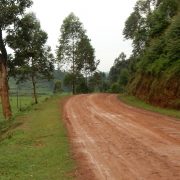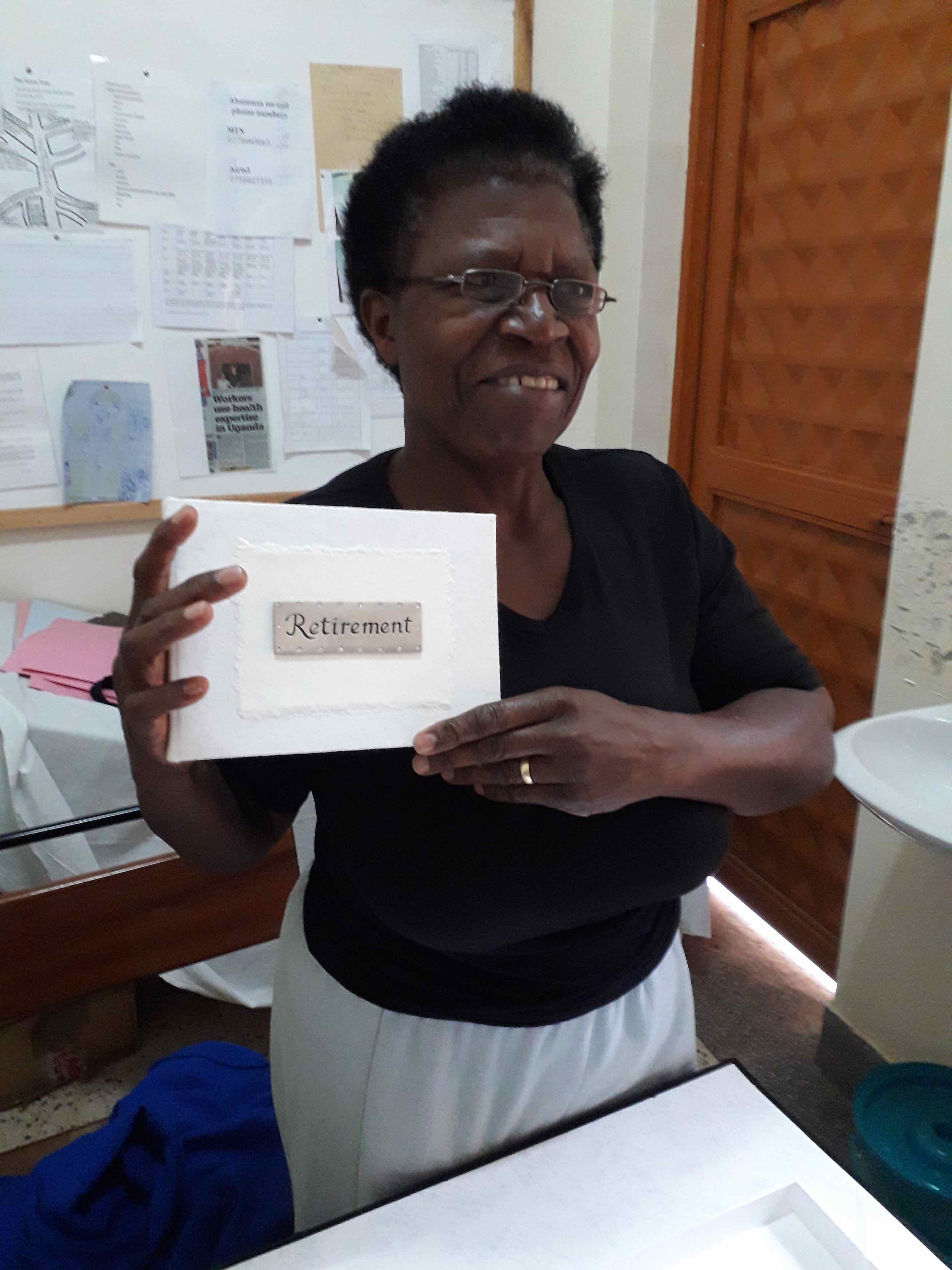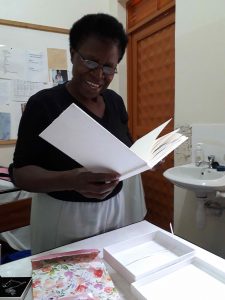Tough times
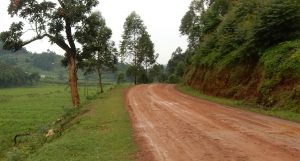
A rural road – but no-0ne on it
The Ugandan hospitals are facing hard times at the moment, as are many of the local people. The initial lockdown because of Covid was eased slightly on the 5th of May but there is still no public or private transport allowed without specific authorisation.
This makes it hard for people to get to hospitals when they are ill and there are too many disaster stories about mothers in labour not being able to reach hospital for timely interventions. Staff who live some distance from the hospitals also struggle to get there to work, or have to stay at the hospital if they can, but apart from their families.
Access to food is a problem in some places. Surveys in different African countries have shown that more than two thirds of people said they would run out of food and over half would run out of money if they have to stay at home for 14 days. The lockdown in Uganda has been longer than this already.
People in different countries are saying “It is hunger I am worried about, not the virus”
So far Uganda has done well at limiting the known number of cases of Covid and many of the rural hospitals have not seen any cases. So, you can understand the sentiment.
Because of the restrictions on transport, the hospitals we work with are not seeing anything like the numbers of patients they are set up to treat. They are also having to spend more than budgeted on hand sanitizer, PPE clothing etc. This means the hospitals are under significant financial pressure.
There is a risk that resources are being diverted from other health issues such as HIV and TB. Much progress has been made in establishing effective programmes to maintain people on their treatment, but the current restrictions make it hard for some of these programmes to operate and there is a risk that some of the progress in treatments made in the past decade will be lost.
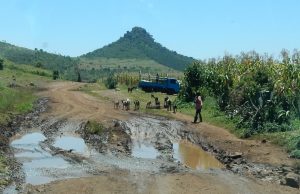
Even a small amount of water makes roads difficult to pass
Parts of Uganda are facing other challenges. In the west, one of the hospitals we visited last year has been largely demolished by flood waters and many people have lost homes and crops. One lady said “You tell us to stay at home, but we now have no home. You tell us not to go to the market, but to work in the smallholding, but we now have no small-holding.”
In the east of Uganda and in Kenya and South Sudan there is the largest swarming of locusts there have been for many years. They devour enormous quantities of crops and vegetation, resulting in hunger.
Life in a low-income country can be tough.
Maureen Wilkinson

Looking over the Uganda border into Western Kenya

